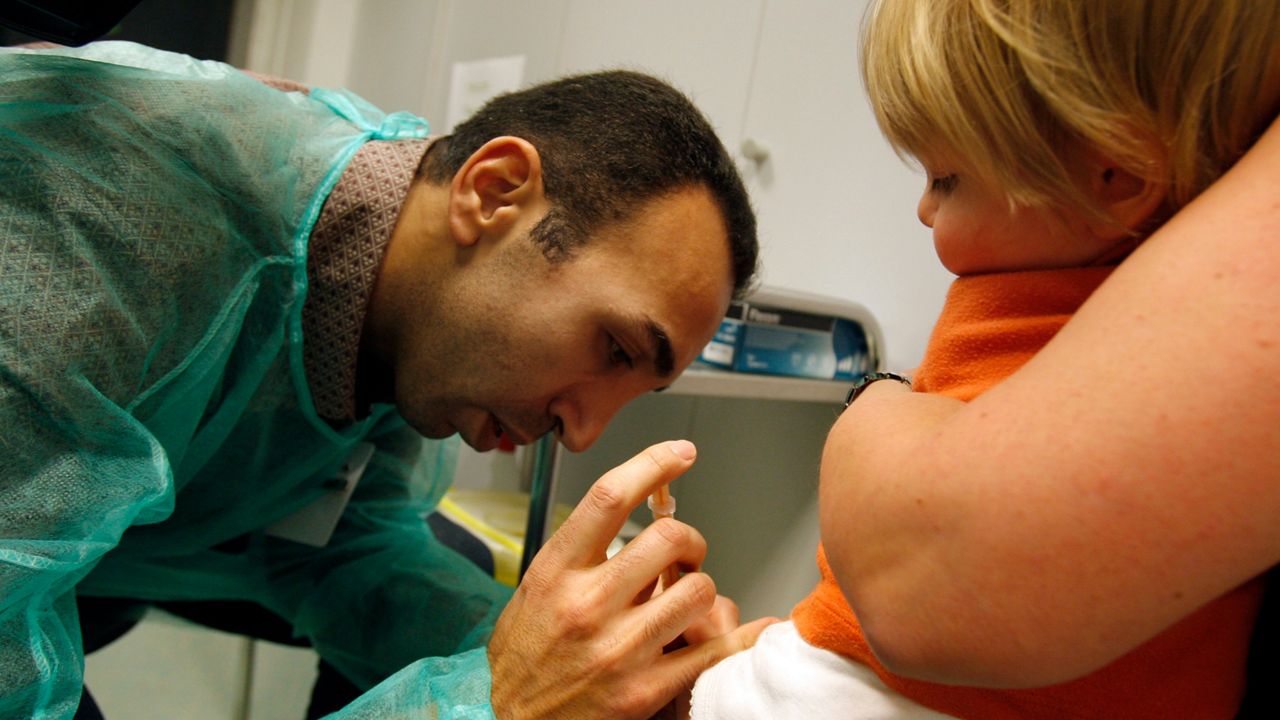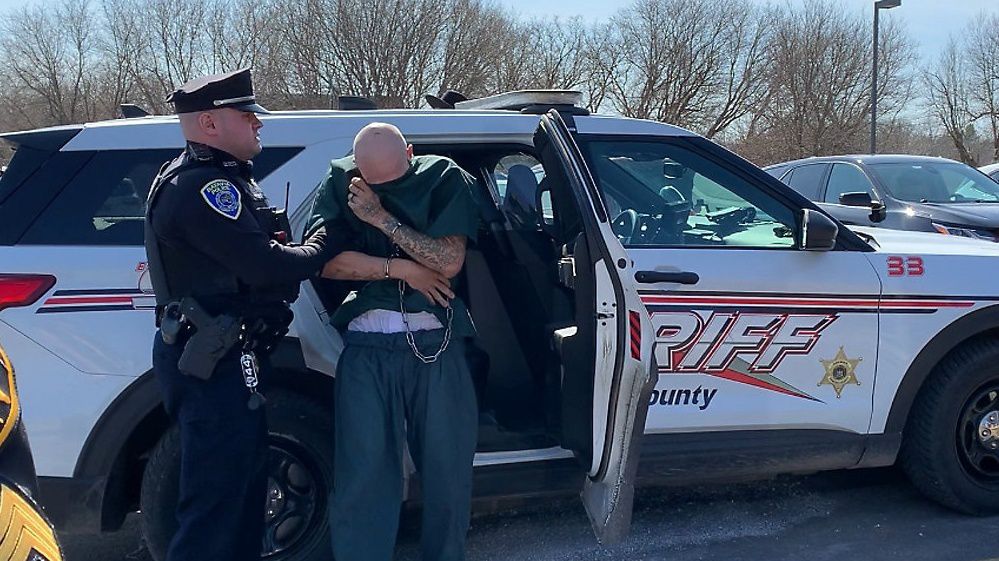WAYNE COUNTY, N.Y. — Wayne County Sheriff Robert Milby leads the Northern Border Security Committee for the state Sheriff's Association, where his counterparts share stories of unauthorized immigration and potential crime.
He says other than a double homicide a couple years back at the hands of a man who was deported twice, and will be again after he serves his time, he's seen no significant connection between immigration and crime.
"So, yes, we have seen a little bit in Wayne County, but as far as a daily basis goes, I wouldn't say we have these issues for walking crime and people that we are arresting," Milby said.
Yet he does say areas along the northern border have felt the impact of criminal activity through the international drug trade.
"I can speak to the fact that sheriffs that I work with every single day do see these issues within their counties, within their cities," he said.
"There's such a big gap between the available scientific evidence, and public perception in discourse on this topic," said Tyler Bellick, with the University at Albany Department of Sociology.
Bellick authored a 2022 study that originated during President Donald Trump's first term in response to the administration's crackdown on illegal border crossings. He looked at the Guyanese people who settled into Schenectady to occupy a number of vacant houses, and found their presence did not increase crime, but actually reduced it.
"So, what our story kind of told was that the Guyanese were really a good thing for Schenectady. They contributed positively to Schenectady's economic, social and political institutions," said Bellick.
In 2025, Bellick says that despite issues at both borders, his findings from three years ago still stand.
"And the main narratives on this topic are not aligned the evidence. We know that immigrants don't drive crime, in this country; they actually, in many cases, suppress it," said Bellick.
It's worth noting that the study conducted did not dive into the legal status of Guyanese refugees in the Schenectady area, but the goal was to get a better understanding of the relationship between crime and immigrants both authorized and unauthorized.












